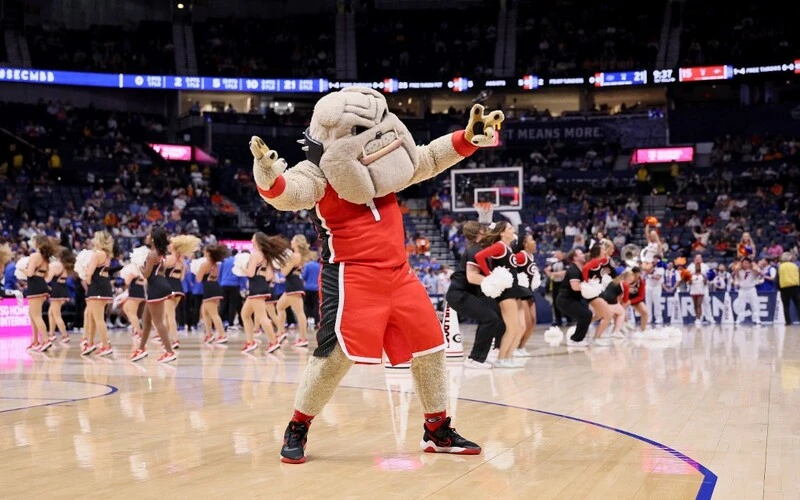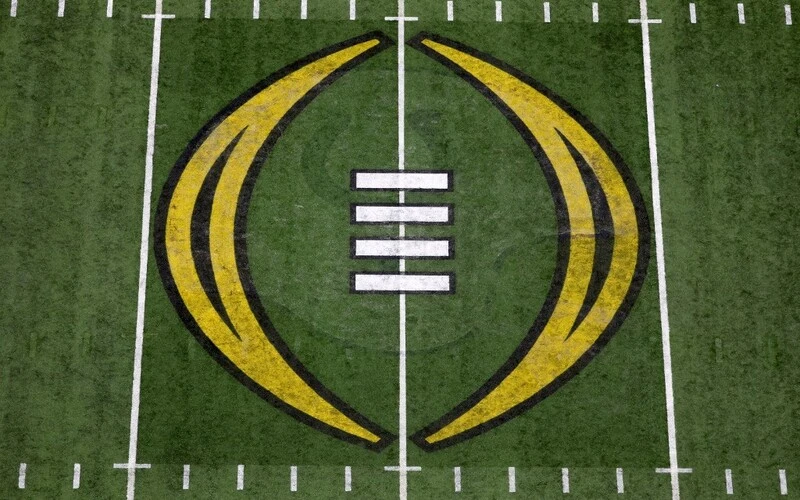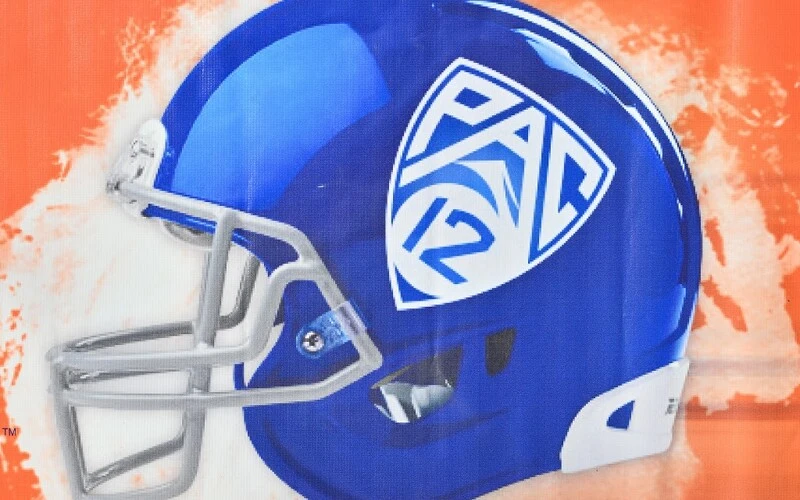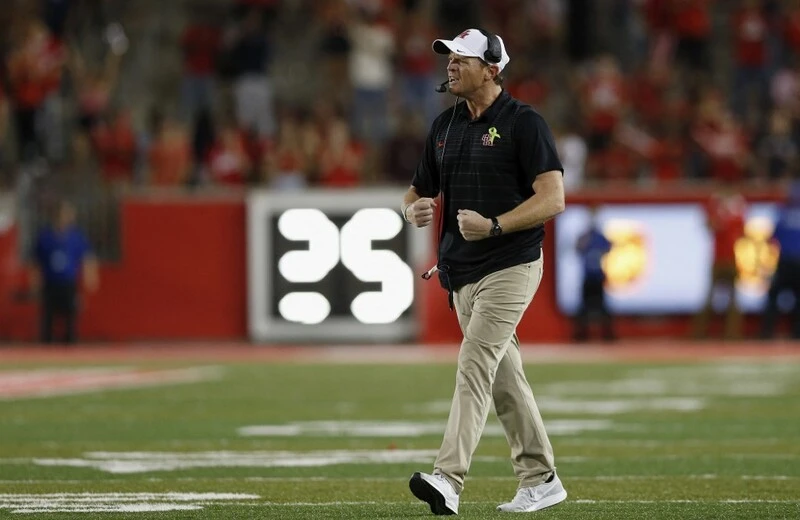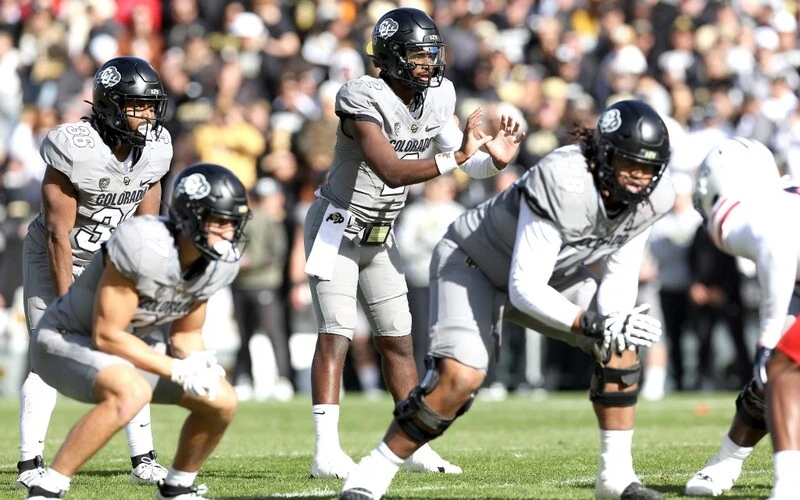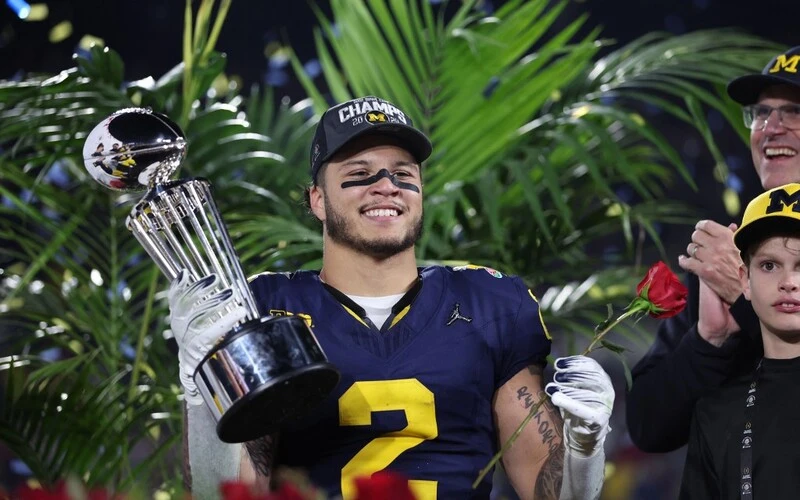 Volunteers
Volunteers
 Volunteers
VolunteersNCAAF Tennessee Volunteers
General Information
- Conference: SEC(1933)
- NCAA Division: Division 1
- City: Knoxville, Tennessee
- Stadium: Neyland Stadium
Championships
- National Championships: 14. (6 claimed, 8 unclaimed).
- Conference Titles: 16
- Divisional Championships: 6
Past Conferences:
- None
Tennessee Volunteers Standings & Analysis
Check out all the information related to Tennessee Volunteers standings with updated team stats, recent news, and college football injury reports.
All-Time West Virginia Mountaineers Stats & Records
Passing Yards
- Peyton Manning: 11,201
- Casey Clausen: 9,707
- Erik Ainge: 8,700
- Tyler Bray: 7,400
- Joshua Dobbs: 7,138
Rushing Yards
- Travis Henry: 3,078
- Arian Foster: 2,964
- James Stewart: 2,890
- Johnnie Jones: 2,852
- Jamal Lewis: 2,677
Receiving Yards
- Joey Kent: 2,814
- Marcus Nash: 2,447
- Peerless Price: 2,298
- Jauan Jennings: 2,153
- Robert Meachem: 2,140
Tennessee Volunteers Football History
The Tennessee Volunteers began playing football in 1891. In 1914 the Volunteers went undefeated under head coach Zora G. Clevenger. They were also crowned champions.
The Vols were independent until they joined the Southern Conference in 1921. The Vols lost only one NCAAF game from 1927-1932. In 1932, they joined the SEC.
They finished out the 30s with a claimed National Championship in 1938 and an unclaimed National Championship in 1939.
The 40s and 50s were prosperous for the Vols. They claimed championships in 1950 and 1951 and another unclaimed championship in 1956. Most of the Vols’ success was under head coach General Neyland.
He coached the Vols to a 173-31-12 overall record and a 2-5 college football bowl record. He also left with four National Championships and four conference titles. Neyland coached multiple great players like 1951 Heisman runner-up Hank Lauricella.
Doug Dickey became head coach in 1964 and he had plenty of success. After going 4-5-1 in his first NCAAF season, the Vols never won less than eight games. They ended up winning the SEC twice, and a National Championship in 1967.
Ex-Tennessee player Johnny Majors coached the Vols from 1977-1992. His first few seasons left a lot to be desired. His 1985 team broke through and won the SEC.
As did his NCAAF team in 1989 and 1990. The Vols had multiple All-Americans and won plenty of big games under Majors. Majors would leave Tennessee with a 116-62-8 overall record and a 9-6 bowl record.
Phillip Fulmer took over after Majors in 1992. Fulmer had instant success, finishing 10-2 in his first full regular season. The year 1994 started with multiple quarterbacks getting hurt early on.
Eventually, freshman quarterback Peyton Manning would take over as quarterback. The Vols would go 32-5 over the next three years with Manning at quarterback. Manning went first overall in the 1998 NFL Draft.
Quarterback Tee Martin had big shoes to fill. He led the Vols to a 13-0 season where they won the National Championship. Fulmer coached the Vols until 2008.
He finished with a 152-52 overall record, eight bowl wins, two SEC championships, four division titles, and one National Championship.
Lane Kiffin and Derek Dooley were the next two coaches, but neither brought any real success to the program.
Winning Comes in Spikes
Butch Jones took over in 2013. Jones started slowly in his first year but then ripped off three straight winning seasons from 2014-2016. The Vols also went 3-0 in bowl games during the 2014-2016 stint.
Jones had lots of good players during his tenure, including quarterback Joshua Dobbs and running back Jalen Hurd. Unfortunately, Tennessee could never get over the hump and Jones was let go in 2017.
Jeremy Pruitt was named head coach in 2018. Pruitt had a very underwhelming first season. However, the Vols went 8-5 in his second season and finished with a win in the Gator Bowl.
Pruitt and the Volunteers followed it up with a 3-7 season and Pruitt was relieved of his duties.
Josh Heupel has been head coach at Tennessee since January 2021. The Vols are currently 16-8 under Heupel and were ranked as high as #1 in the 2022 college football playoff rankings.

